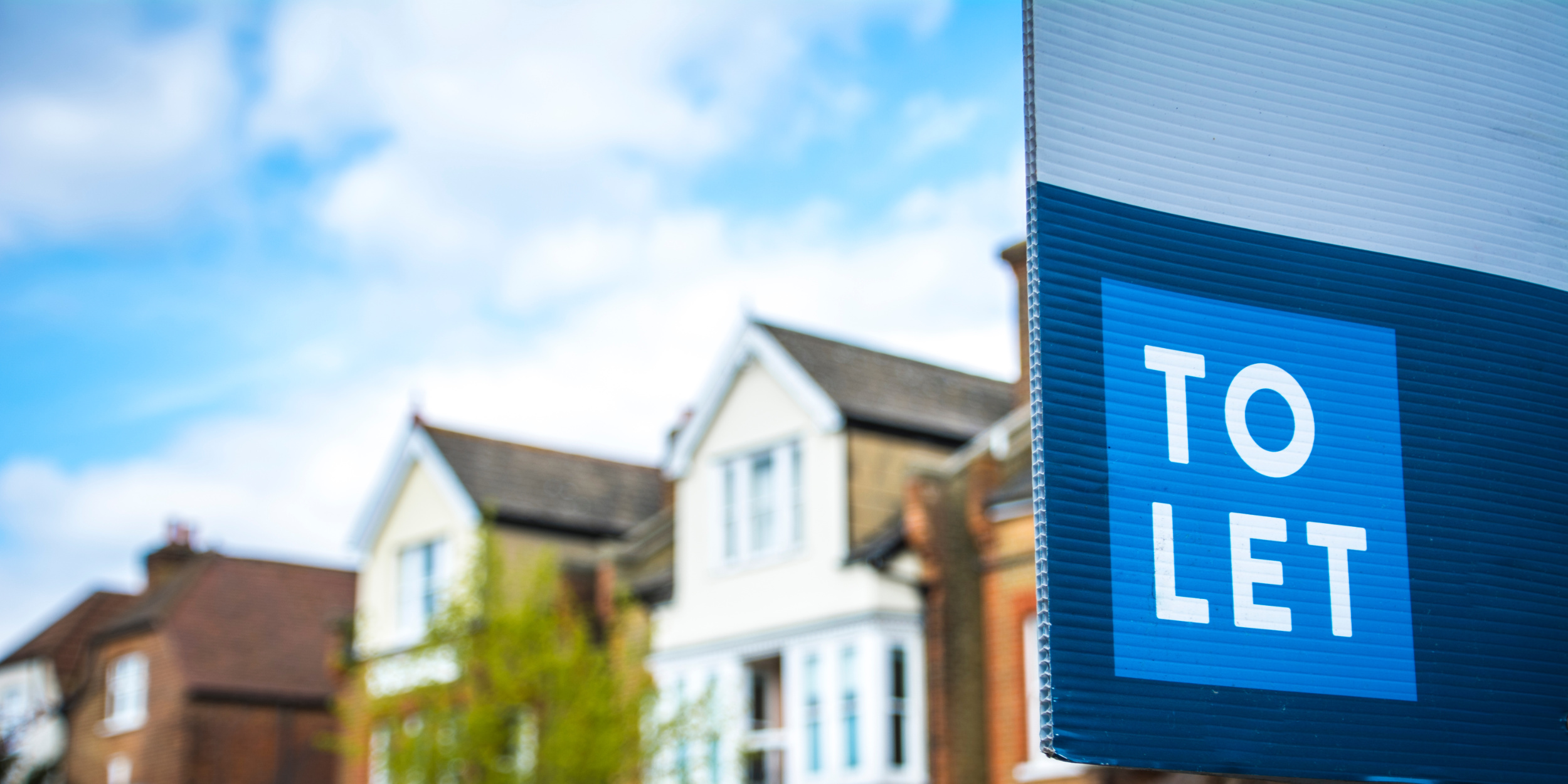Lenders will look at the predicted rental income of the buy to let property and use this to decide if they wish to offer a mortgage. The projected rental income of the property typically must be at least 125% of the monthly mortgage payments. Individual lenders have different thresholds of what they require this to be, and it can vary depending on the location, the price of similar properties in the area and the demand for rental properties.
When considering a buy to let purchase, here are some key things to think about:
- The area you are buying in
- Property prices and rent return in the area
- Your target market – who do you think you will be renting to – students, young professionals, families?
- The amount of deposit you will need (we can calculate this for you based on the projected rental income)
- Any necessary licenses for the property
- Additional stamp duty costs (currently 3% on top of the existing stamp duty costs for second homes)
- Property maintenance
- Letting agency costs

